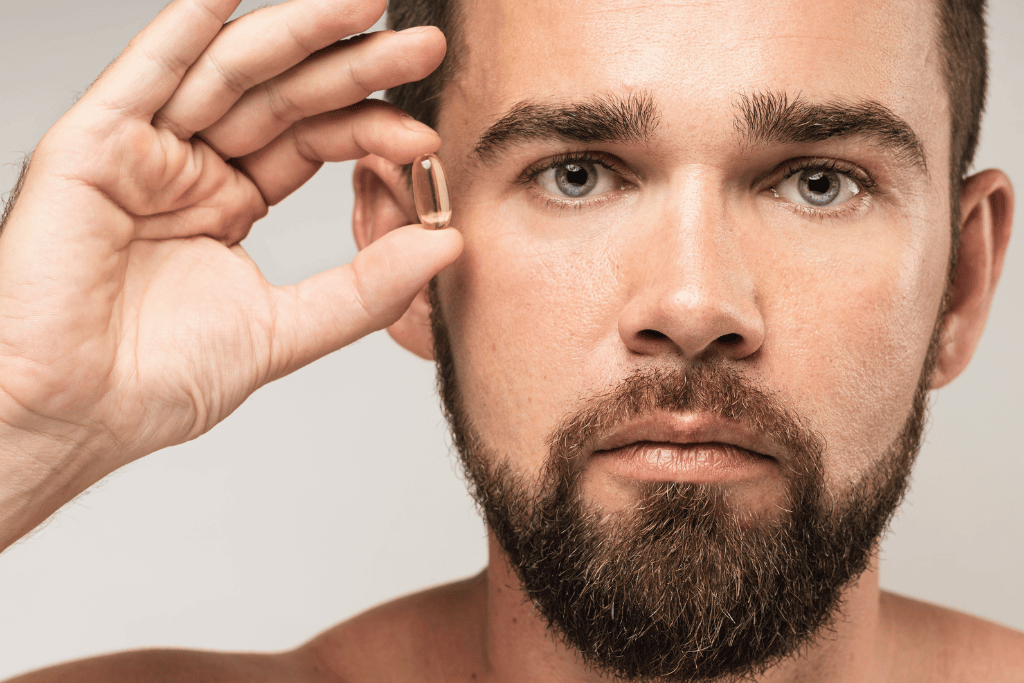
Unlocking the Secrets of Hair Regrowth
Hair Medical Restoration
Minoxidil, a topical medication originally developed as an oral treatment for high blood pressure, has gained immense popularity for its unexpected side effect – promoting hair growth. This article explores the effectiveness of minoxidil in addressing hair loss and its impact on individuals seeking a solution for thinning hair.
Understanding Hair Loss
Hair loss is a common concern for both men and women. It can result from various factors, including genetics, hormonal imbalances, medical conditions, and aging. Many individuals seek solutions to combat hair thinning and regain a fuller, thicker head of hair.
How Minoxidil Works
Minoxidil's exact mechanism of action is not fully understood, but it is believed to stimulate hair follicles' growth and prolong the anagen (growth) phase of the hair cycle. It dilates blood vessels, improving blood flow to the hair follicles and potentially enhancing their function. Additionally, minoxidil may increase the size of hair follicles, leading to thicker hair strands.
Effectiveness
The effectiveness of minoxidil varies from person to person. Clinical studies have shown that it can promote hair growth in some individuals, particularly those with androgenetic alopecia (male or female pattern baldness). In such cases, minoxidil has been found to slow down hair loss and stimulate the growth of new, thicker hair.
However, it's important to note that minoxidil is not a miracle solution, and results may not be dramatic for everyone. The degree of effectiveness can depend on factors such as the cause of hair loss, the stage of hair loss, and an individual's unique genetics.
Usage and Considerations
Minoxidil is available over-the-counter in various formulations, including liquid, pills and foam. Users are advised to apply it directly to the scalp as directed by the product label. It typically needs to be used consistently for several months to see noticeable results.
Users should be aware of potential side effects, which can include scalp irritation, itching, and dryness. In rare cases, minoxidil may cause unwanted hair growth in areas outside the intended application site.
Minoxidil is a well-established treatment option for individuals experiencing hair loss, offering a potential solution to slow down the progression of hair thinning and stimulate new hair growth. Its effectiveness can vary, but many users have reported positive results. While it may not work for everyone, minoxidil remains a popular choice for those seeking to address the issue of hair loss and achieve a fuller, thicker head of hair.
For personalized information tailored to your unique circumstances, a consultation with one of our specialized hair care experts is essential. At Hair Medical Restoration, in collaboration with Dr. Jorge Cortez, we offer both online and in-person consultations. These consultations are dedicated to assessing your specific case and needs. Our experts will conduct a comprehensive analysis, taking into account your individual circumstances, and provide personalized guidance based on your expectations and experiences.



